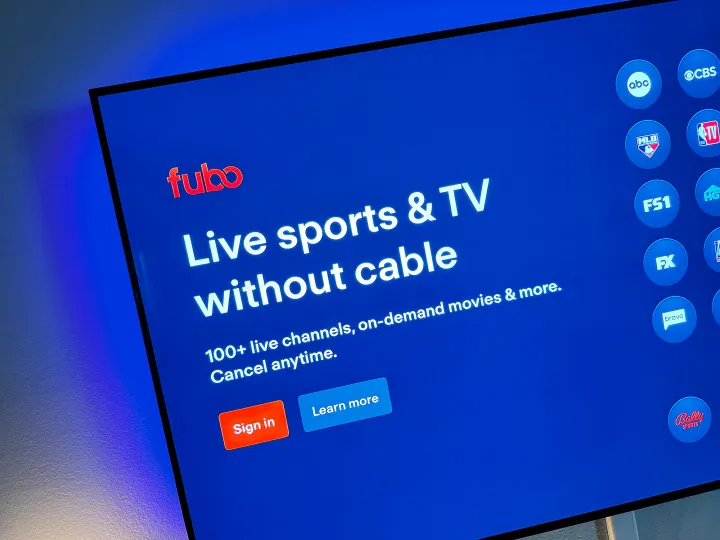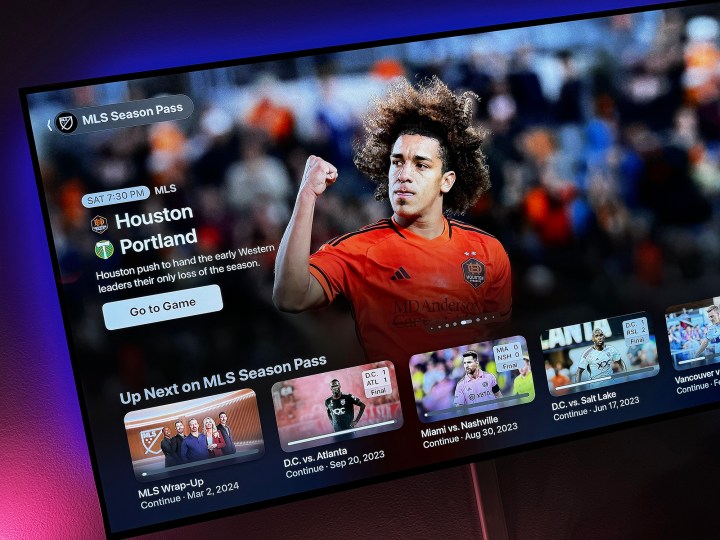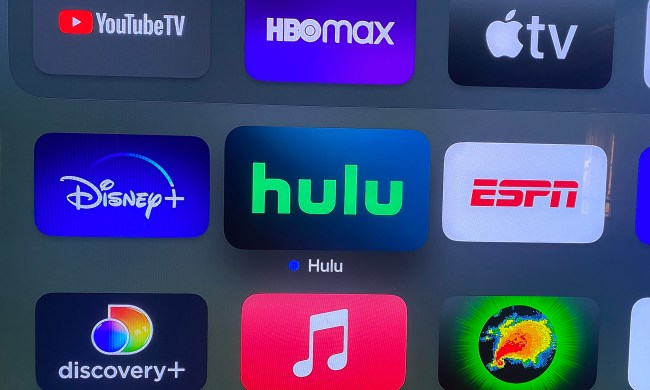
Representatives from a number of media companies — led by Fubo, Dish Network, DirecTV, and others — have sent a “final coalition letter” to congressional committees that calls for hearings to be held over the upcoming sports-focused streaming service that combines the rights held by Disney (which includes ABC and ESPN), Warner Bros. Discovery (WBD), and Fox. The letter cites issues that “raise serious competition concerns that call for Congress’ immediate oversight.”
The letter was sent to Sens. Maria Cantwell and Ted Cruz of the Senate Commerce Committee, Sens. Dick Durbin and Lindsey Graham of the Senate Judiciary Committee, Reps. Cathy McMorris Rodgers and Frank Pallone of the House Energy and Commerce Committee, and Rep. Jim Jordan and Jerry Nadler of the House Judiciary Committee. It was signed by FuboTV Inc., DirecTV, Dish Network, Newsmax, Inc., American Economic Liberties Project, Open Markets Institute, Sports Fan Coalition, and the Electronic Frontier Foundation.
To recap, the “joint venture,” or JV, as it’s called when competing companies work together on something, will bring the live sports rights owned by those three entities into a single subscription. The players involved have said multiple times that the goal isn’t to leech subscribers from existing cable, satellite, or streaming plans, but to go after those people who currently don’t have any sort of subscription at all, but would still like to watch live sports.
Not yet known, however, is what this upcoming sports streamer will cost. It also doesn’t yet have a name.
The concern from the likes of Fubo and others is that it gives those three entities — Disney, WBD, and Fox — an unfair advantage because cable providers and their ilk are required to carry (and pay for) some channels they wouldn’t otherwise carry if they also want access to more popular channels. And it doesn’t get more popular than live sports. Those are arguments Fubo has made in a lawsuit it filed against the joint venture.
And there’s certainly an argument to be made there. (And if anyone wants to make actual à la carte programming happen — by which consumers only have to pay for the channels they want to watch — we’re all for it.)
Several hours after we initially published this piece, the three companies in the joint venture collectively sent the following statement via email: “The service is a pro-consumer offering to a segment of viewers who currently aren’t served. It will expand consumer choice by creating an incremental, nonexclusive option for this segment of viewers to watch their favorite sports.”

The letter makes some valid points. “These same programming giants enforce anticompetitive and inflationary contract restrictions on distributors that will insulate the JV’s streaming service from head-to-head competition because these contract restrictions prohibit competing distributors from offering consumers their own ‘skinny,’ live sports bundle,” the letter reads.
It continues: “However one measures it, the JV will eventually dominate the distribution market for live sports and will drive out competition, leaving consumers captive to the JV for live sports — unless Congress and regulators intervene.”
Fubo and company obviously want to get out ahead of things and can’t afford to wait to be proven correct.
From a consumer standpoint, though, nothing is certain just yet. We don’t yet know what any of this will cost. While it’s possible that some folks will eschew their traditional cable or streaming subscriptions for this sports subscription, it’s also very possible (if not likely) that many will not. (Though we could make a very strong argument for an over-the-air antenna coupled with this sports streaming service, which also will find itself in the same conversation as the likes of the Disney Bundle.)
But as far as the letter goes, the bigger issue seems to come down to one word: “Control.”
“In addition to controlling 80% of all national live sports broadcasts,” the letter says, “the JV will control approximately 55% of all live sports (regional and national).” That’s not quite right. The companies behind the joint venture currently have the rights to any number of sports. But those sports — and the leagues behind them — put those broadcast rights up for the highest bidder. They can and will change hands at some point.

Take Major League Soccer, for example. Apple won the rights ro it starting in 2023 and debuted MLS Season Pass, a reasonably priced subscription that makes all games available without blackouts. It’s been really good from a consumer standpoint, and apparently good for Apple, too.
And MLS’ television home before 2023? Mostly on the ESPN+ streaming service.
In other words, Disney, Warner Bros. Discovery, and Fox don’t “control” live sports. They own the rights to broadcast them and control who gets to distribute those broadcasts, sure. And if there are business practices that cross a line in that space, Fubo (and others) are right to make some noise.
And Fubo is right to be worried. It’s already the smallest multiplatform video distributor in the U.S. (The largest, YouTube TV, has several multiples more subscribers.) It can’t afford to lose market share in an already tough business.
But for consumers? This could be a big win, because it actually creates more choice. It’s easy to imagine the possibility of canceling a $73-a-month YouTube TV subscription, getting an over-the-air antenna for local broadcasts (which you really should already have, just because), and then subscribing to this new sports service — and actually saving some money every month.
The business side of the equation is one for the business folks to worry about. And if unfair practices are at work, regulators should step in.
But for consumers? More options are always better.



